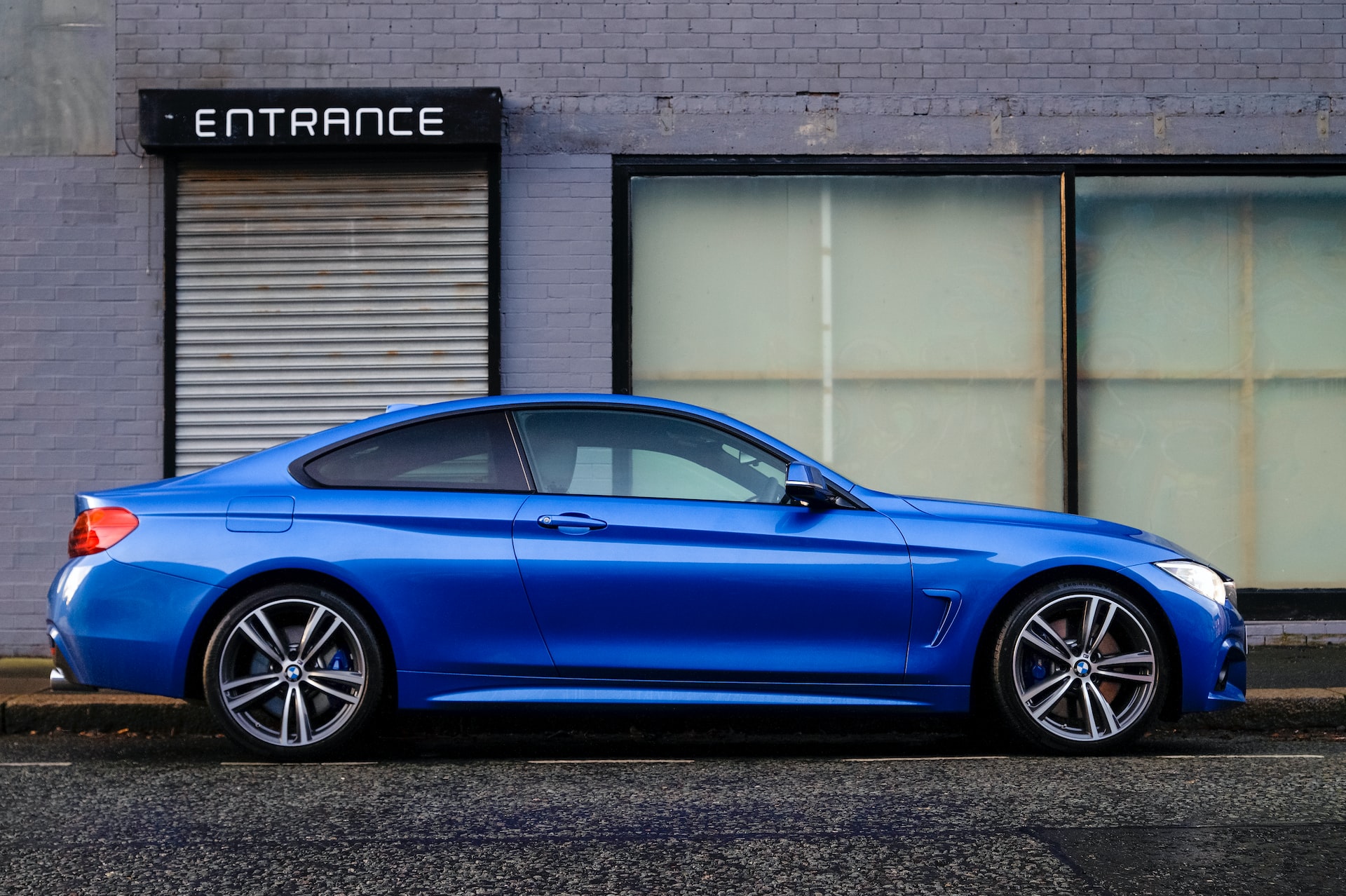How To Get The Most Out Of Your New Car
Buying a new car is a significant financial commitment. And not one that always pays off.
Author:James PierceReviewer:Paolo ReynaOct 01, 20220 Shares216 Views

Buying a new car is a significant financial commitment. And not one that always pays off. Most vehicles lose around 50 percent of their value over the first five years and continue to decline in value thereafter.
What’s even more frustrating is that it’s not your fault. No matter how gently or carefully you drive, eventually, your vehicle will break down. Something will go wrong and you’ll be stuck with a large repair bill.
Getting the most out of your car is, therefore, a top priority for many people. You want your car to work from day one and many years after that. But what, specifically, should you be doing? Let’s take a look.
Carry Out Basic Repairs And Replacements
One way to save a lot of money on your vehicle and prevent it from depreciating too rapidly is to carry out regular repairs and replacements. Simply things like swapping out fluids, changing the battery and fitting new brake pads can work wonders.
If you can’t do some of the tougher jobs, you’ll need to take your vehicle to a professional mechanic. They can do more difficult tasks such as replacing the timing belt or water pump. You may also need to replace the bushings and bearings.
Be Careful With Your Transmission
Car transmissions are delicate pieces of equipment. While you can abuse them for a few years, eventually they will wear out and give way.
Don’t ever let your transmission fluid run low. Always act and fill it up again if you see a warning light on your dashboard.
If you are on an incline, use your parking brake. If you don’t do this, it can put additional pressure on the transmission.
Never shift from park to drive or reverse if the vehicle is moving. This causes the gears to grind against each other and wears them away over time, no matter how well engineered they are.
You should also learn how to change your transmission filters. If they get dirty, that can impact performance.
Always Use Manufacturer-Recommended Oil
The type of oil you should pour into your vehicle is very specific. Usually, manufacturers tell you the weight and type of engine oil you need to use. Most modern vehicles use a type of synthetic motor oil.
The same goes for fuel: you should only use the type that works best for your vehicle. Most mass market carsare fine with standard fuels. But if you have an old vehicle or a supercar, you may need to use a very specific type of gasoline, usually high octane.
Get Warranty Coverage
Warranty coverage on new or used cars is essential. It protects you against breakdowns and expensive repairs that aren’t your fault. Extended warranty providers like Endurancerecommend that you get at least two extra years.
Change Your Fluids Regularly
Most manufacturers recommend that you replace fluids and oils once they drop to low levels. But keeping them topped up more than that could actually be beneficial. When everything is slick and greased, it extends the life of your vehicle.
Check how often you have to fill up various fluids and oils in your car. If you’re having to do it every couple of months, it suggests that there might be a problem with your vehicle. Perhaps you have a leak.
If your dashboard warning lights tell you to change the oil, don’t ignore them. Pay heed. Usually, it means that your fluids are down to critically low levels.
If you have an old car, it may not have a dashboard light telling you to change fluids. If that’s the case, follow your mechanic’s mileage instructions to the letter. If they tell you that you’ll need an oil change at, say, 40,000 miles, then follow their advice. If you try to run a vehicle without oil for too long, you risk engine degradation, overheating, and fire.
Reduce The Number Of Short Trips You May
While long 500-mile trips might add quite a bit to your odometer, they’re actually a great way to get maximum distance out of your vehicle. Making shorter two-mile journeys every day is considerably more dangerous to your engine.
The reasons for this are a little strange. It’s all to do with how combustion engines work. It takes them time to warm up and reach maximum efficiency. During short trips, there’s more friction and grinding. And transmission and engine parts wear out more quickly.
After the two-mile point, cars begin to run cleanly and the risk of damage actually goes down, despite the fact that they are traveling a longer distance. So if you want your car to last 250,000 miles, then you’re better off going on long journeys rather than short ones. If you need to pop to the shops, take the bicycle instead.
Keep Your Vehicle Squeaky Clean
You might not think that dirt on the outside of your vehicle matters much but it can make a big difference. Cars whose owners take them to the car wash regularly tend to last significantly longer than those whose owners don’t.
The reason for this is simple: dirt migrates. Eventually, it clogs inlets and gets into the vehicle’s moving parts and degrades them.
Pay particular attention to salt that sticks to your vehicle. Salt and water combine to severely corrode metaland even modern paints are not quite enough to protect vehicles. What’s more, the underside of cars is often completely unprotected from the grit and sludge underneath.
Double Check Your Car Every Week
Lastly, you’ll want to give your car the once over every week or so. That’s because small problems can often turn into big ones.
For instance, make sure that your windshield doesn’t have any cracks or chips in it. These can grow and worsen over time if you fail to fix them quickly.
Make sure that there is no corrosion on your battery terminals. Damage to this area can make it hard for you to start your vehicle.
While you drive, pay attention to unusual sounds or smells.

James Pierce
Author

Paolo Reyna
Reviewer
Latest Articles
Popular Articles
